Ultrasound
Ultrasound images, called sonograms, can be used to diagnose a variety of conditions.

We offer various types of ultrasound testing, such as:

Head/Neck (lumps & bumps)
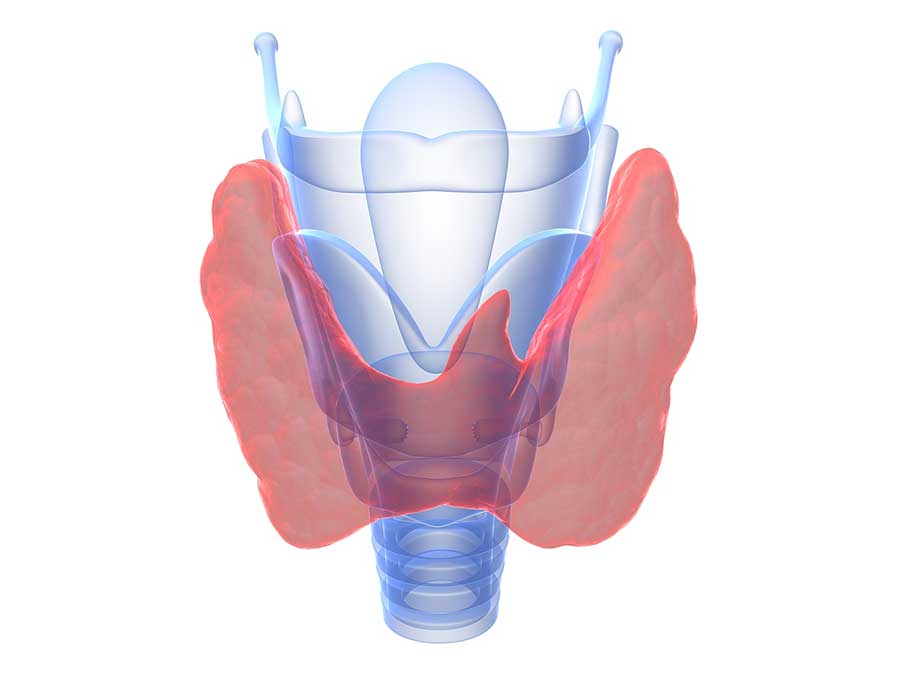
Thyroid
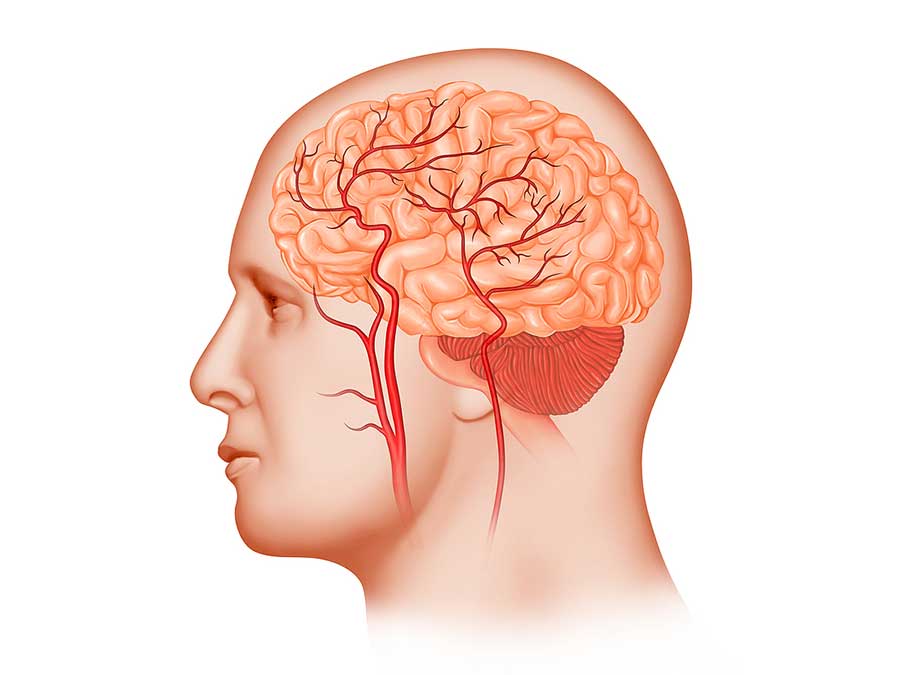
Carotid Arteries
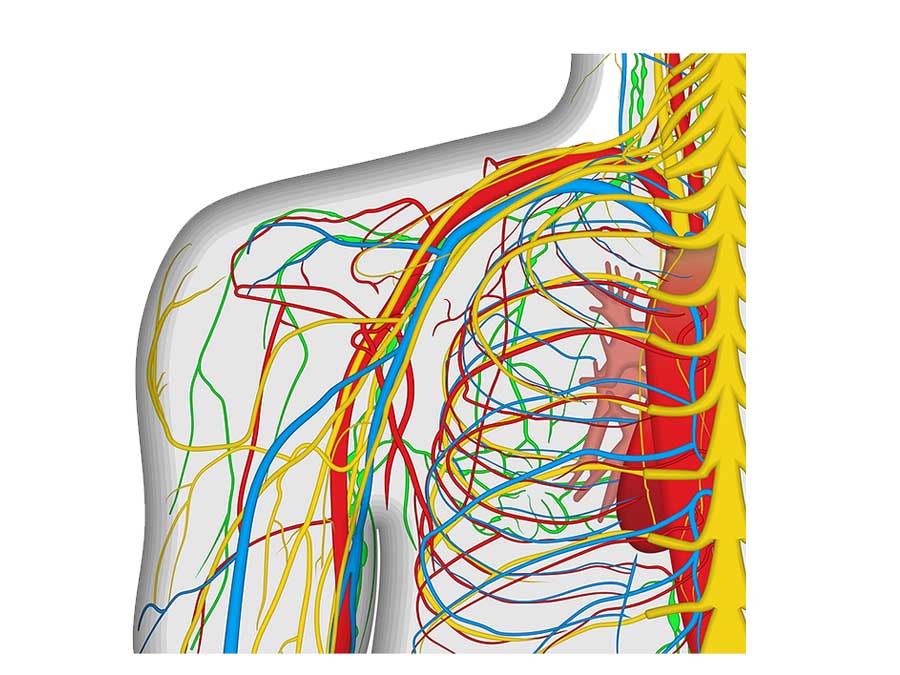
Axilla
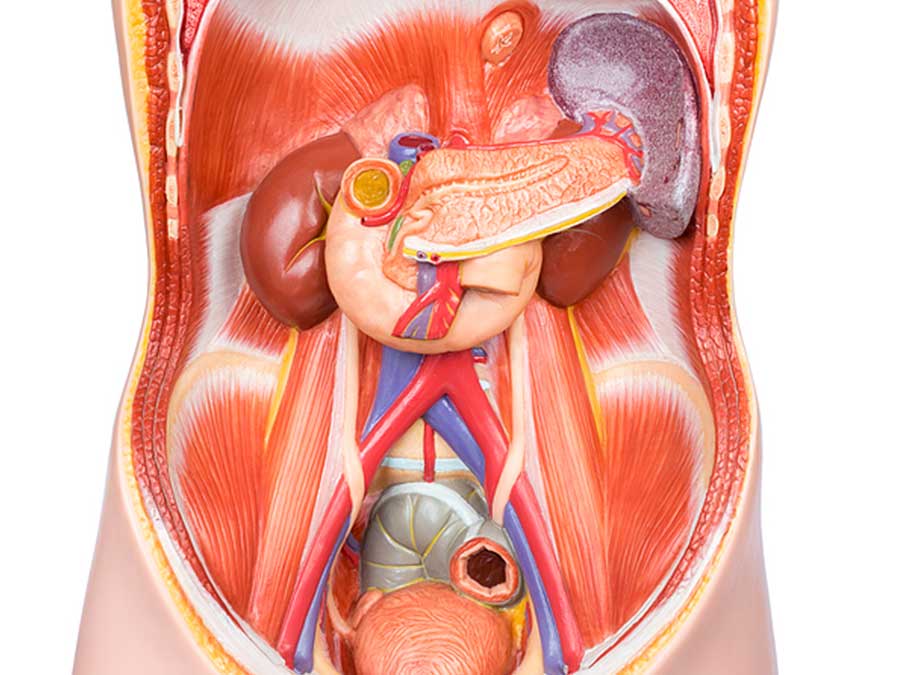
Abdomen

Gallbladder
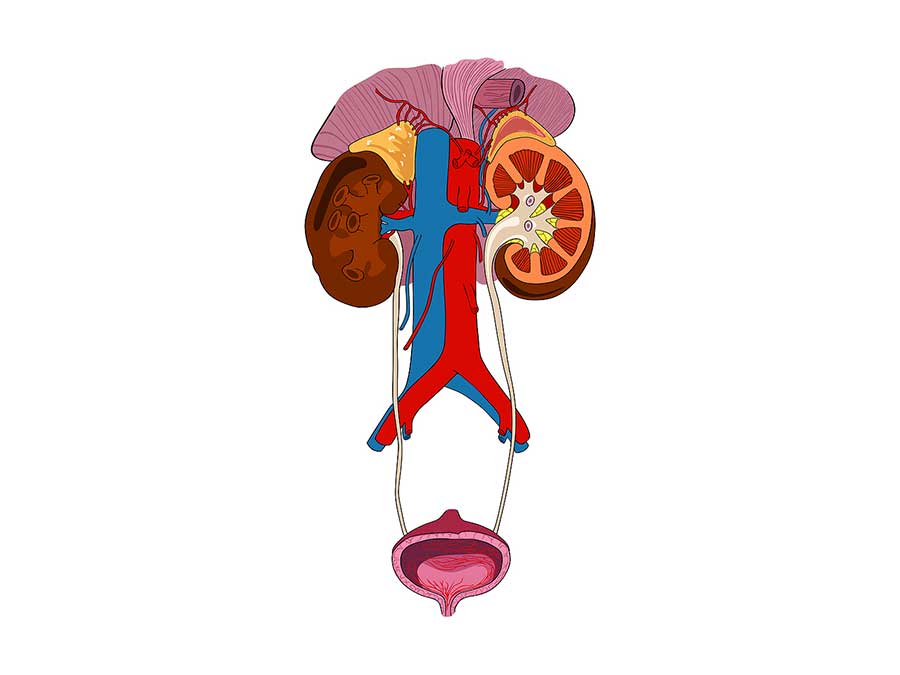
Renal/Kidneys
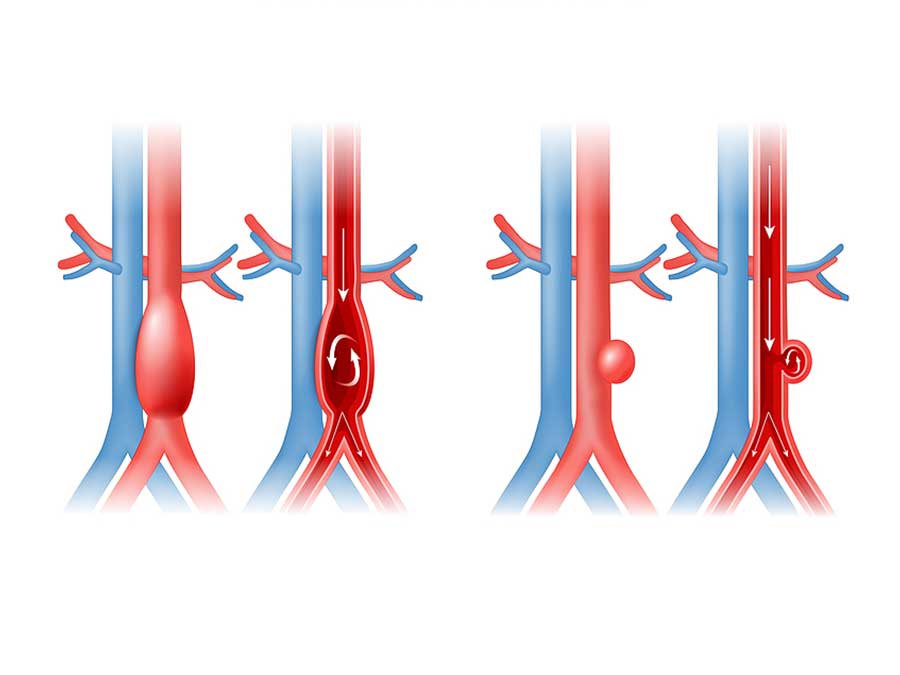
AAA Screening
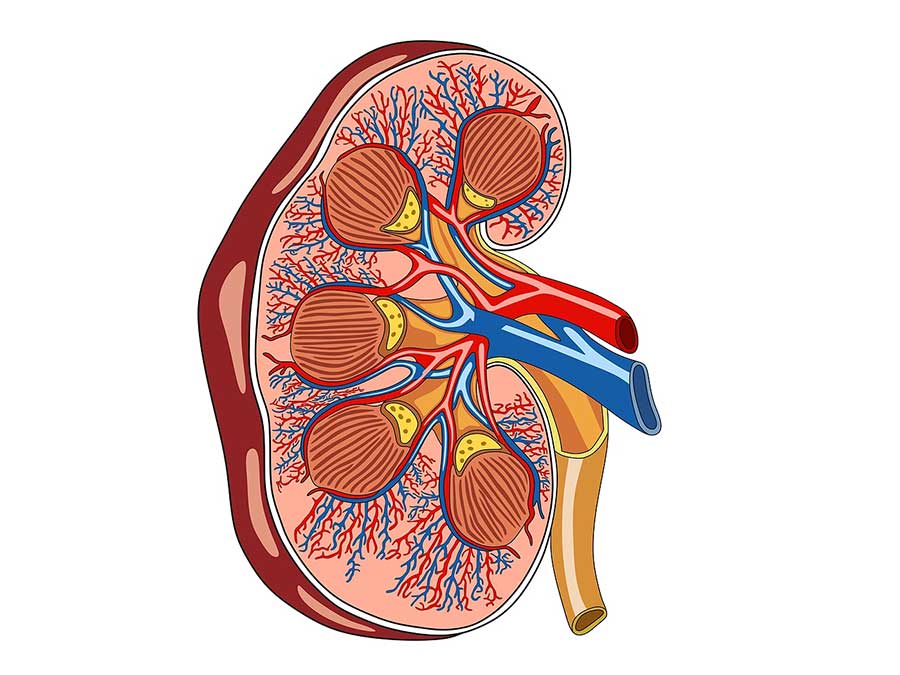
Renal Arteries
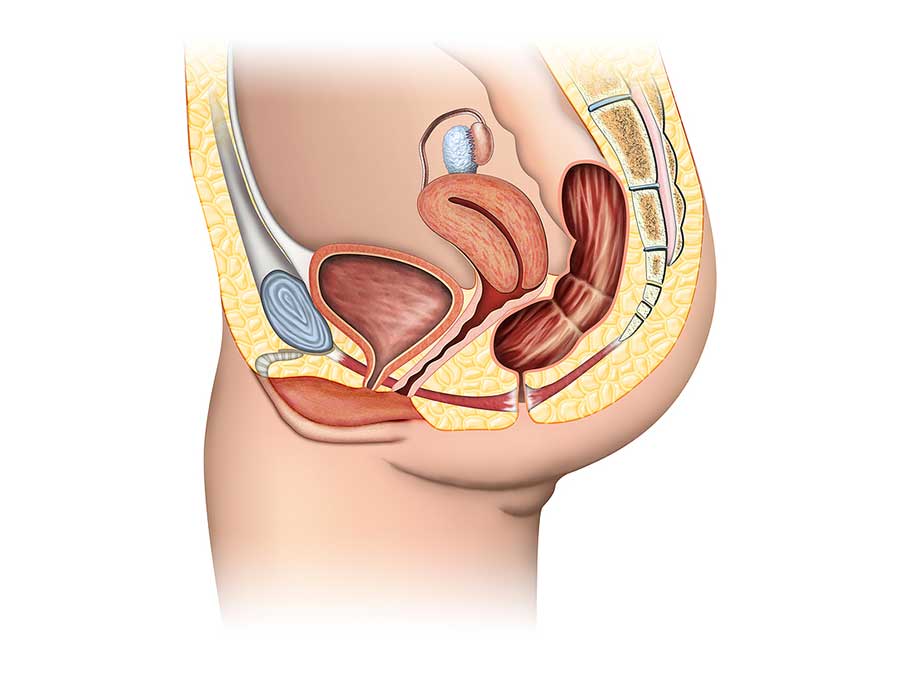
Pelvis/Endovaginal
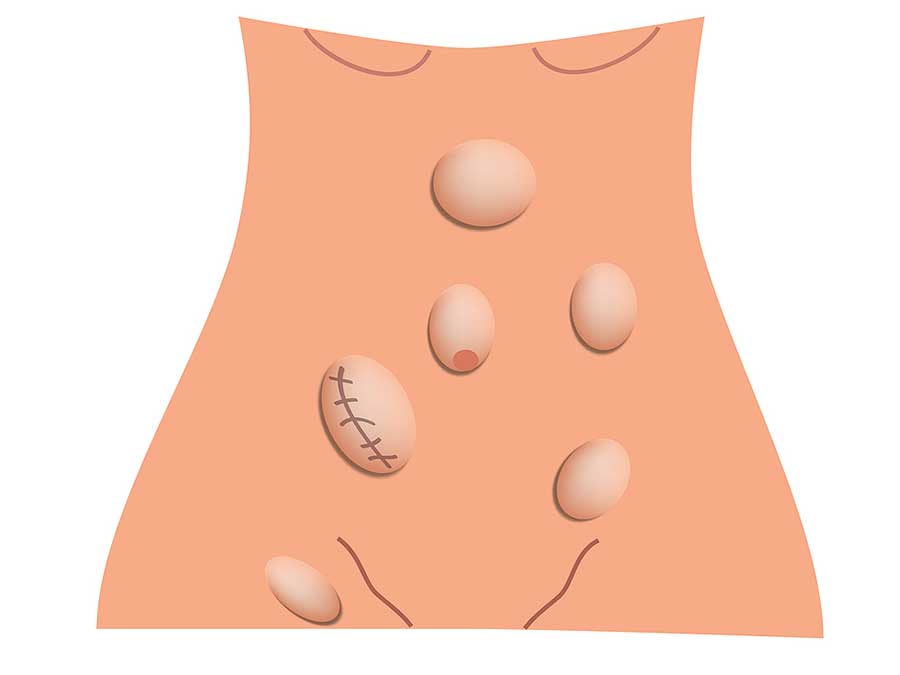
Groin/Inguinal

Venous (DVT)
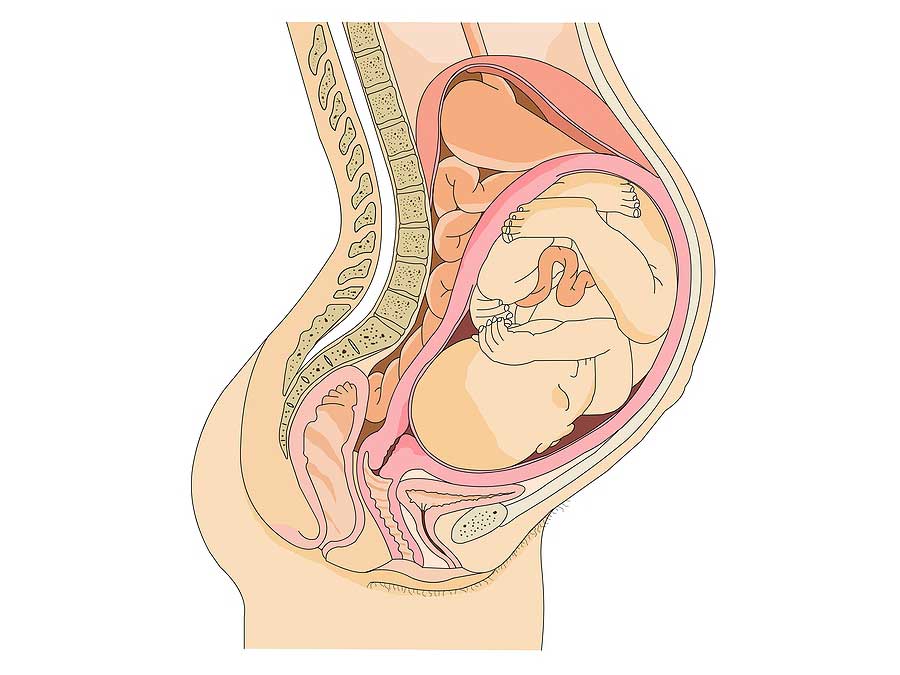
Obstetrical (up to 14 weeks)
About ultrasounds
Ultrasound is an imaging test that uses high-frequency sound waves to create pictures of soft tissues such as organs and blood vessels. Many people associate ultrasound with pregnancy, where it is commonly used. Ultrasounds also are used to diagnose various conditions and to help providers see a precise location during certain procedures.
What to expect
You may be asked to wear a gown or to remove clothing that is covering the body part being examined. You’ll lie on an exam table and a technician will spread a gel on your skin. The gel helps to transmit the sound waves as a special wand is moved over your skin. As the wand is moved around, the technician will see different images of the area being scanned. You may be asked to hold your breath for brief periods to help get a clearer picture. After the exam is done, the gel will be toweled off of your skin and you can change back into your street clothes.
Many ultrasounds are considered noninvasive and are usually painless. Occasionally, an invasive ultrasound is needed. An invasive ultrasound is when the ultrasound wand is placed inside a body cavity such as the throat or vagina. This is usually not painful, but it might feel uncomfortable.
Many ultrasounds are considered noninvasive and are usually painless. Occasionally, an invasive ultrasound is needed. An invasive ultrasound is when the ultrasound wand is placed inside a body cavity such as the throat or vagina. This is usually not painful, but it might feel uncomfortable.
How to prepare
Some ultrasounds require no preparation. For others, you may be asked to drink water before your test or not eat or drink anything for several hours before your test. Your provider will let you know if you need to do anything to prepare. Most ultrasound tests take 30 to 60 minutes.